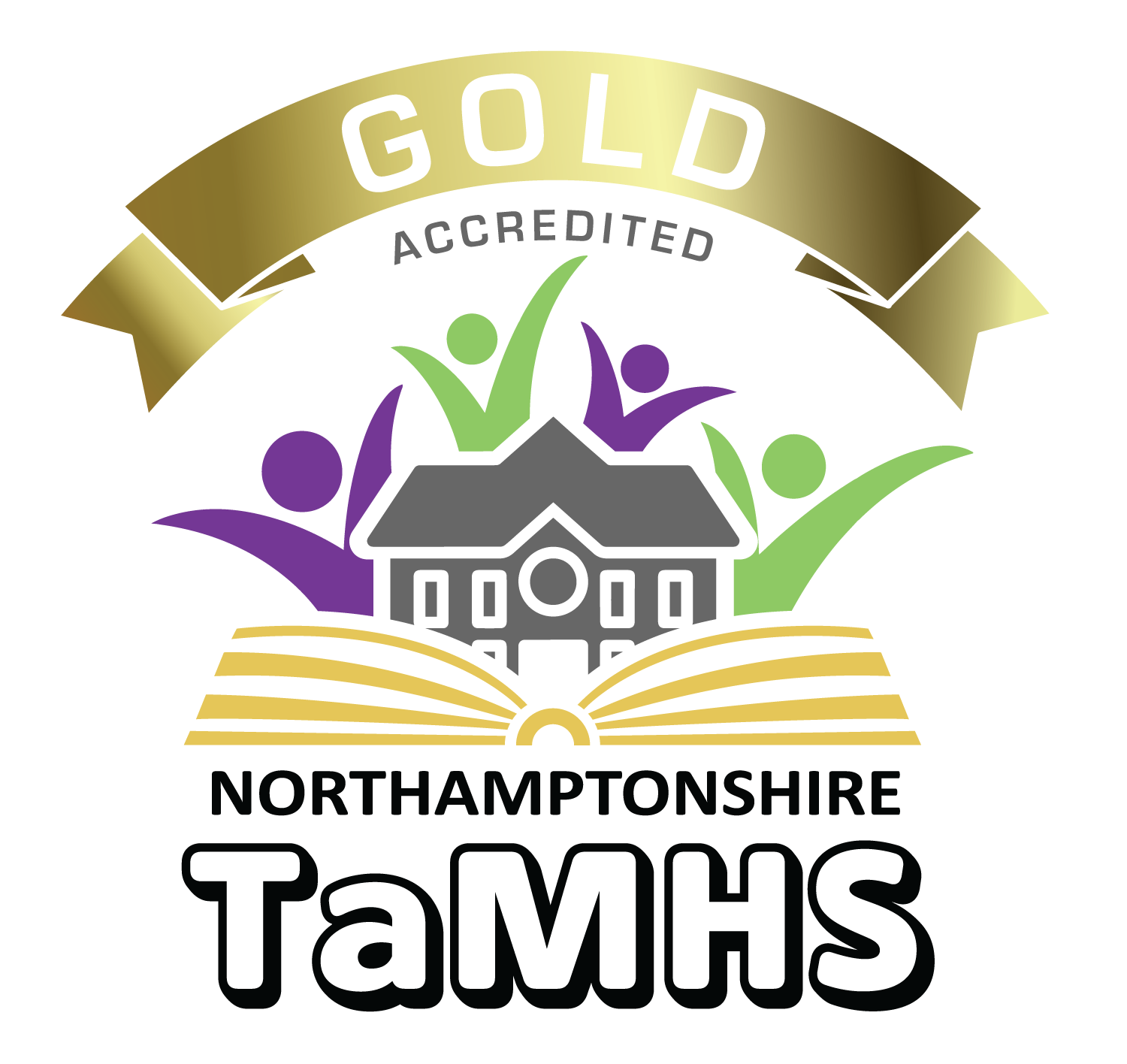Writing
Reading is breathing in and writing is like breathing out, and story-telling is what links both, it is the soul of literacy.
Pam Allyn
We want our children to develop into confident and assured writers who can effectively communicate their knowledge, ideas and emotions across a variety of genres.
Our reading and writing curriculum are interwoven to ensure that children read as readers and write as writers. We use quality texts, non-fiction, fiction and poetry, as ‘hooks’ and ‘anchors’ to inspire children to communicate their own messages.
There is a high focus on oracy and discussion in lessons to give children the chance to formulate their thoughts and ideas before they start the writing process so that when they pick up their pens or pencils to write, they already know what it is they want to say. Our curriculum aims to:
- Guide and nurture each individual on their own personal journeys to becoming successful writers.
- Provide exciting writing opportunities and experiences that engage and enhance all pupils.
- We want all children to acquire a wide vocabulary and to be able to spell new words by effectively applying the spelling patterns and rules they learn throughout their time in primary school.
- We want all children to have a solid understanding of grammar and apply it effectively to their writing.
- We want them to write clearly, accurately and coherently, adapting their language and style in and for a range of contexts, purposes and audiences.
- We believe that all children should be encouraged to take pride in the presentation of their writing, in part by developing a legible, cursive, individual handwriting style by the time they move to secondary school.
- We want every child to have a good knowledge of phonics to springboard children to becoming fluent writers.
- To plan a progressive curriculum to build upon previous teaching, with regular assessment to ensure each child’s needs are met to reach their full potential.
The progression in our writing curriculum can be found below.




